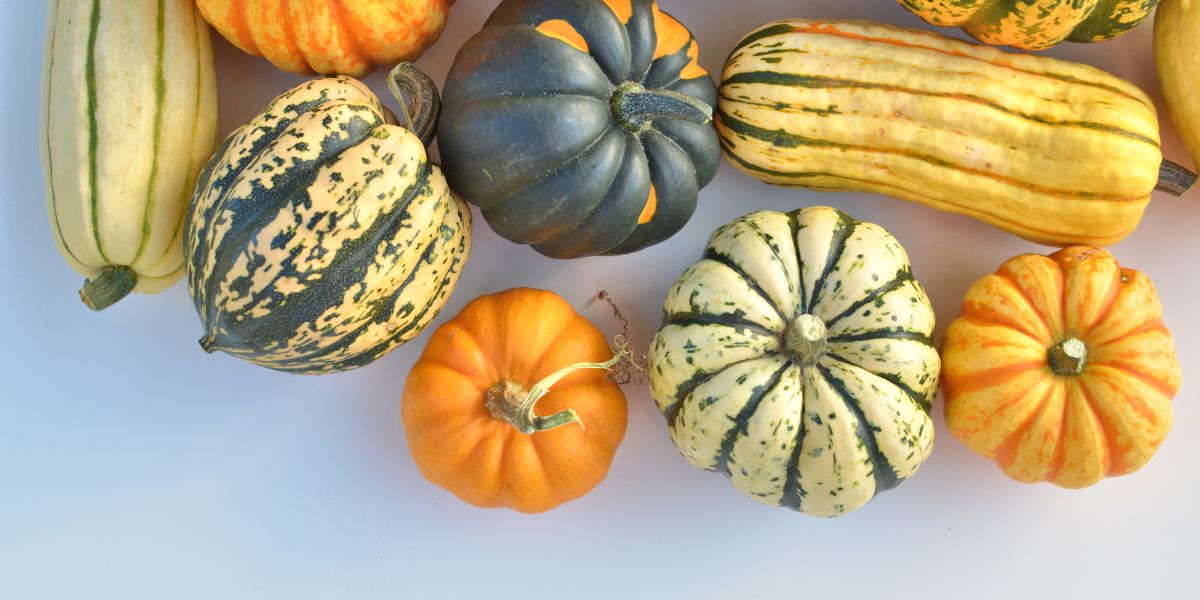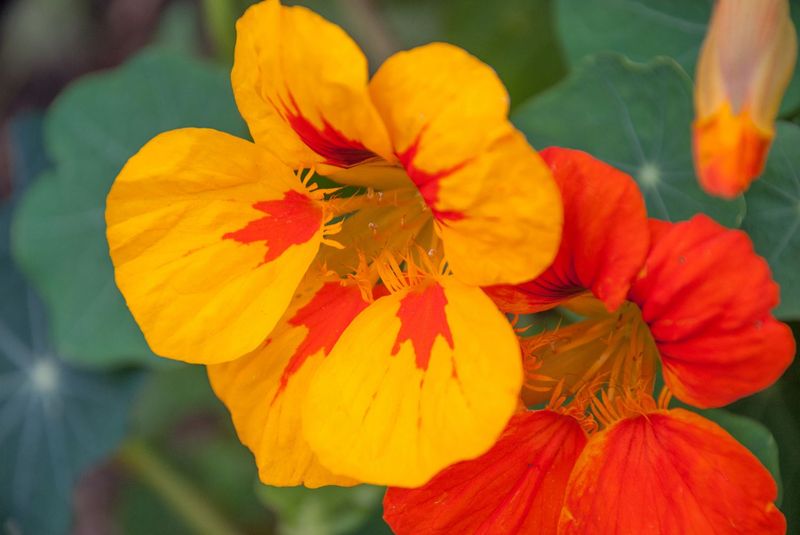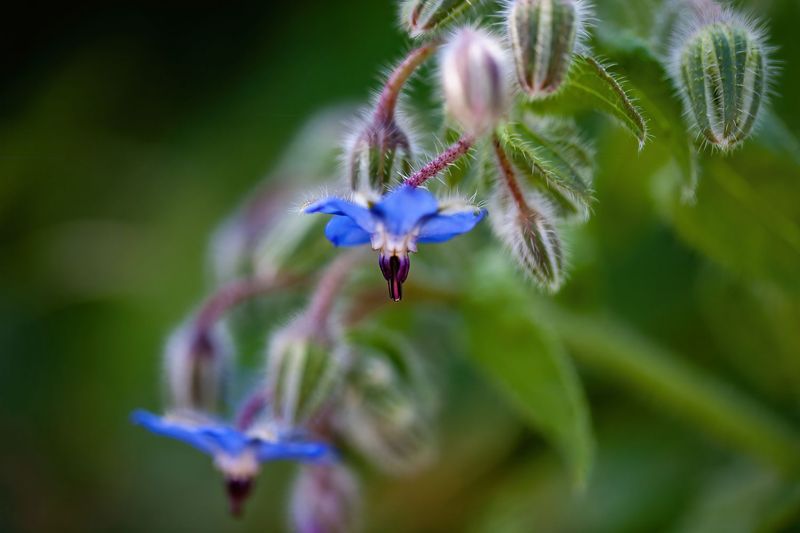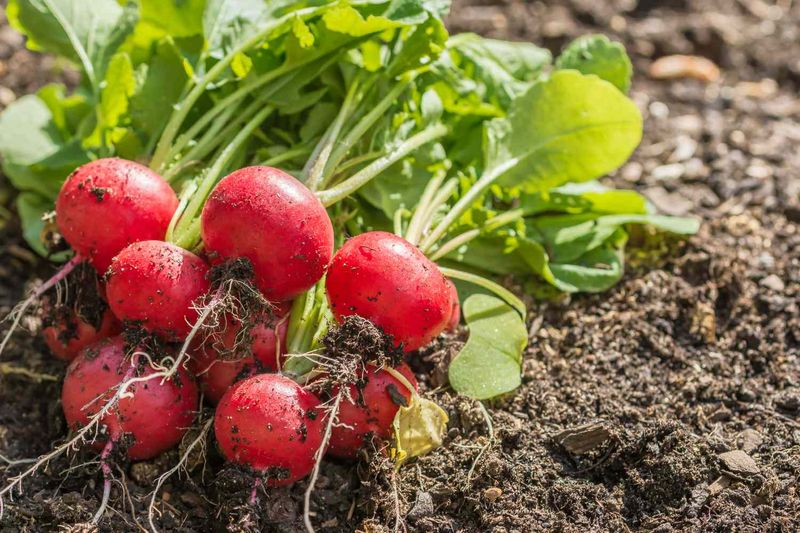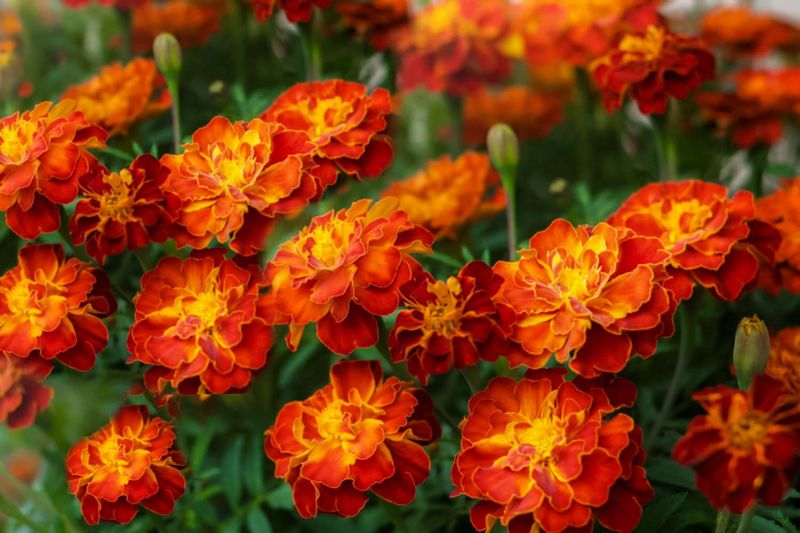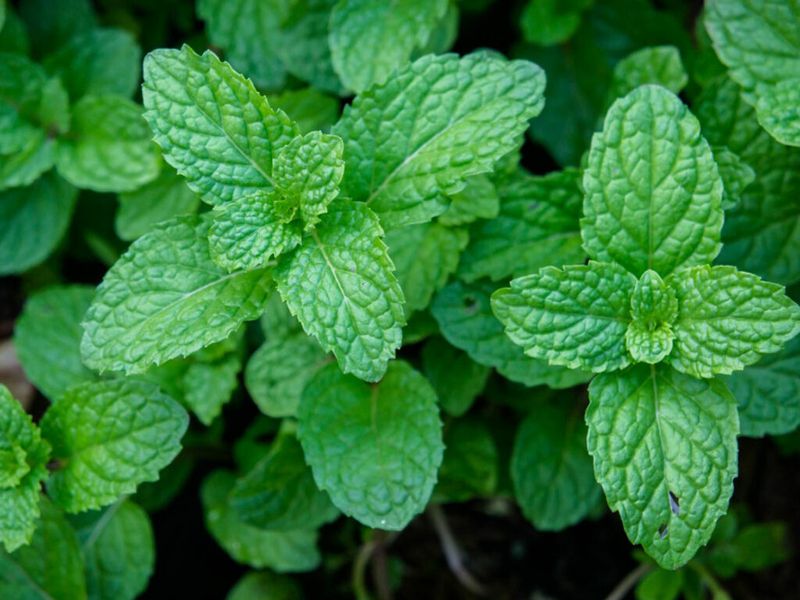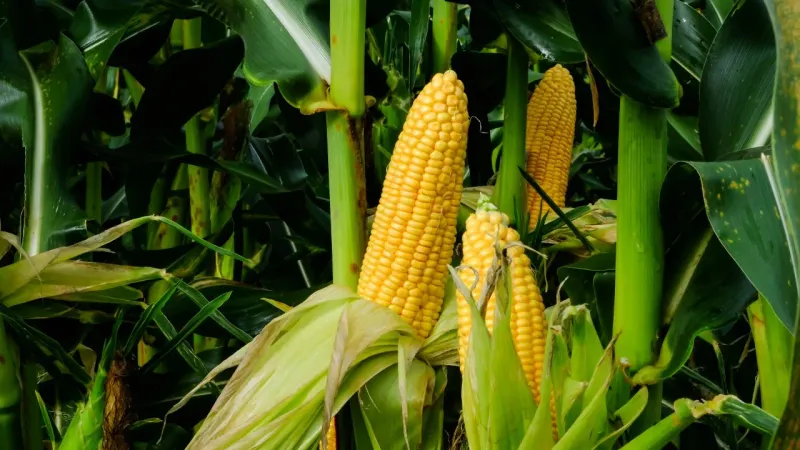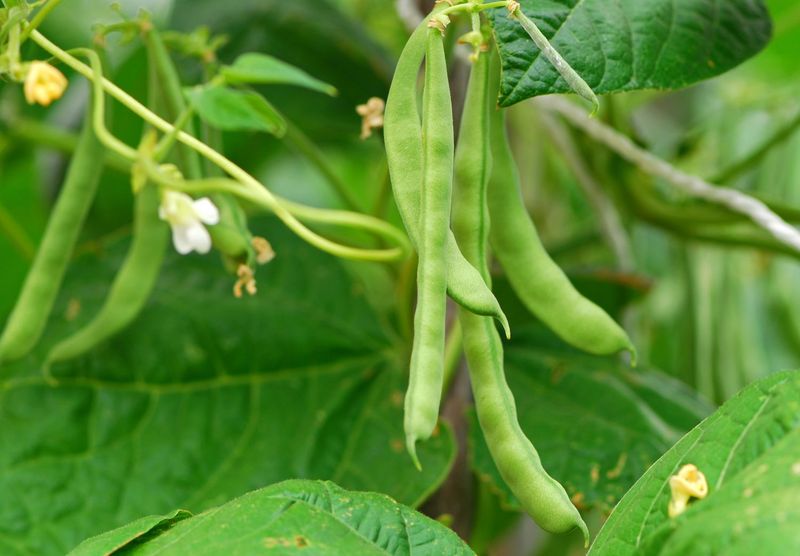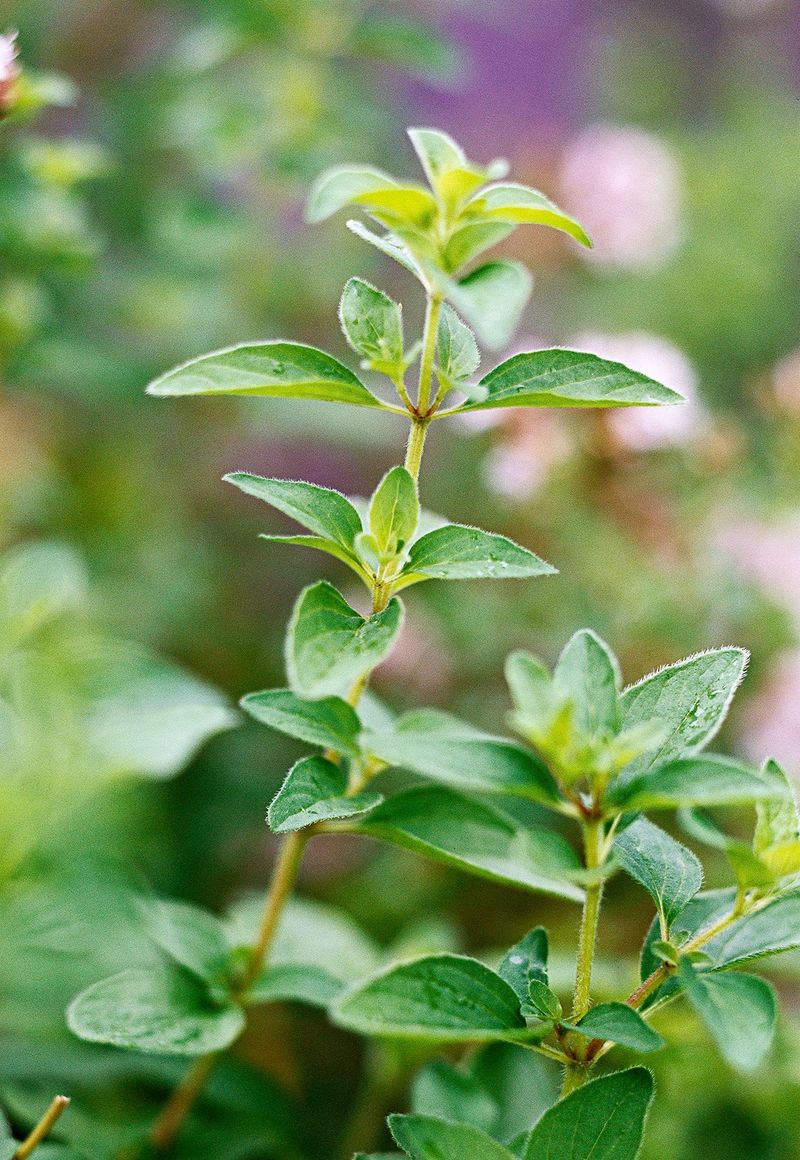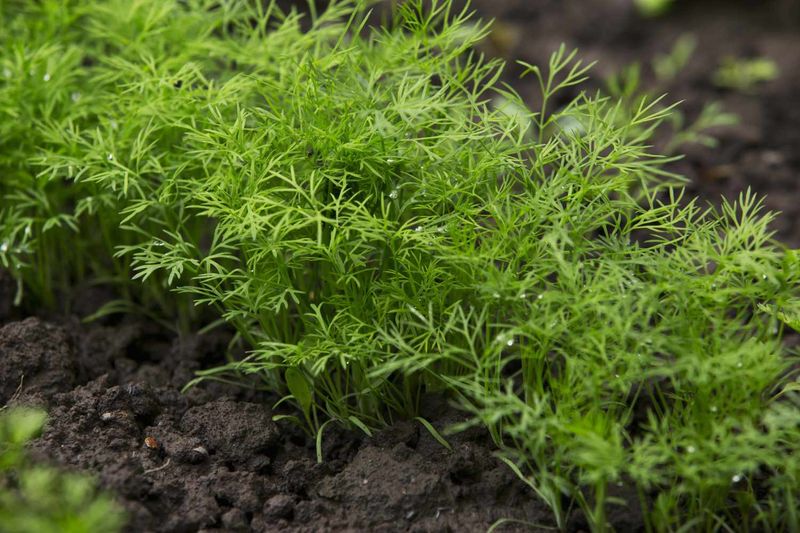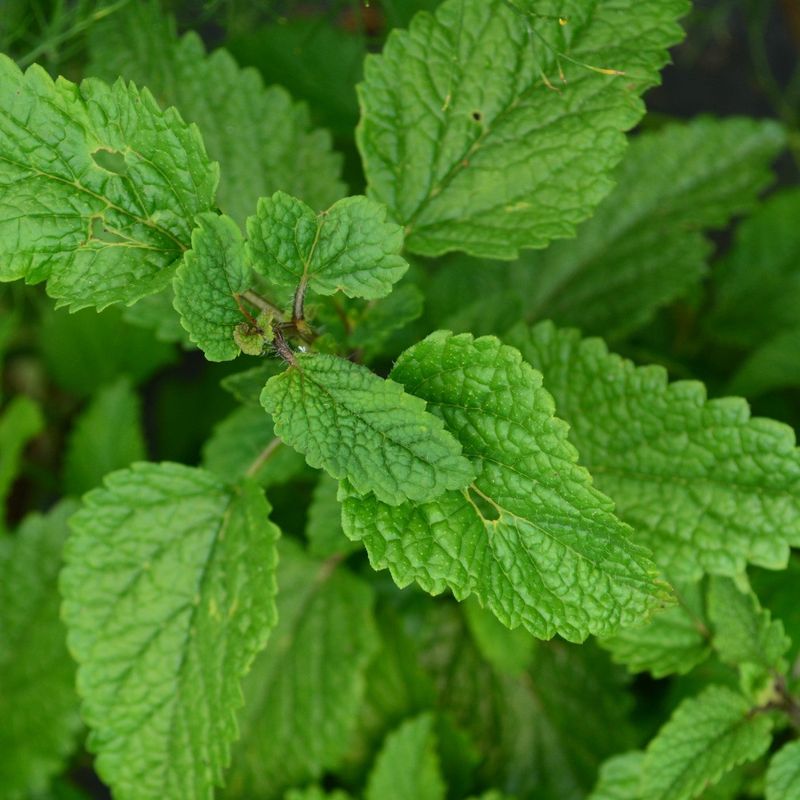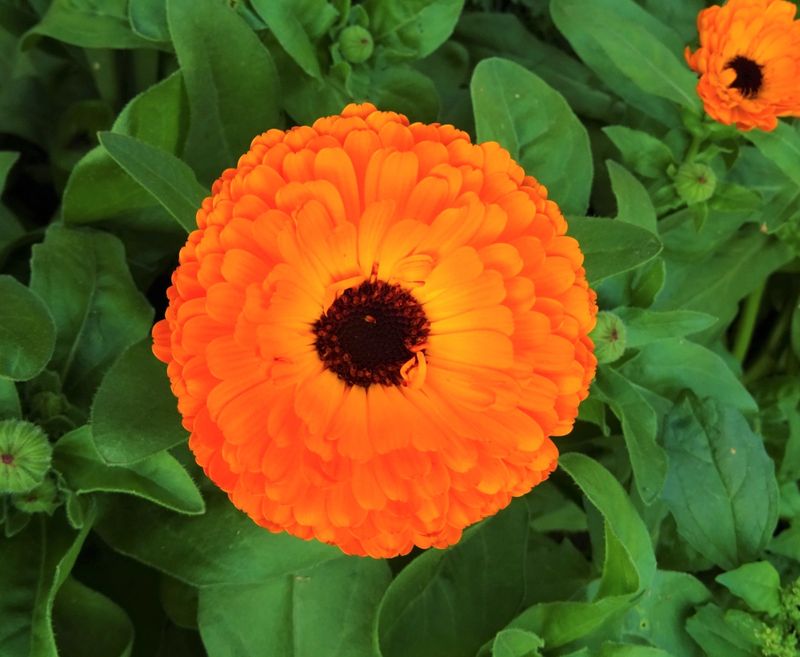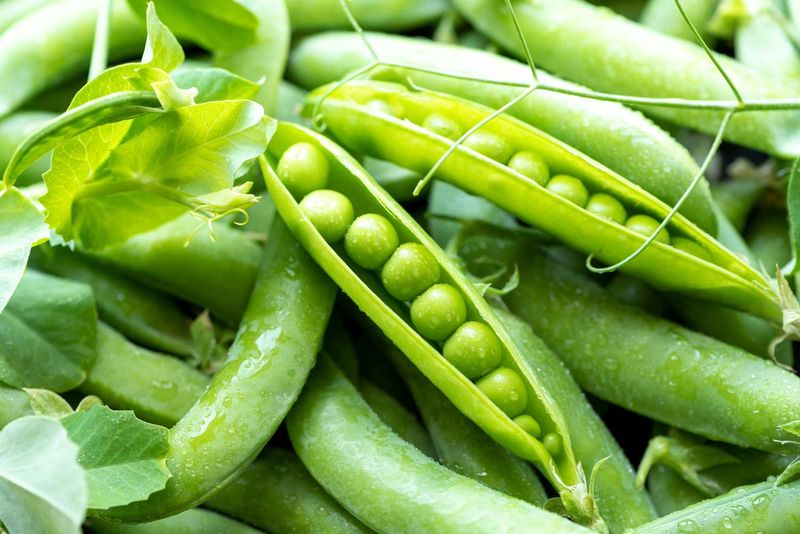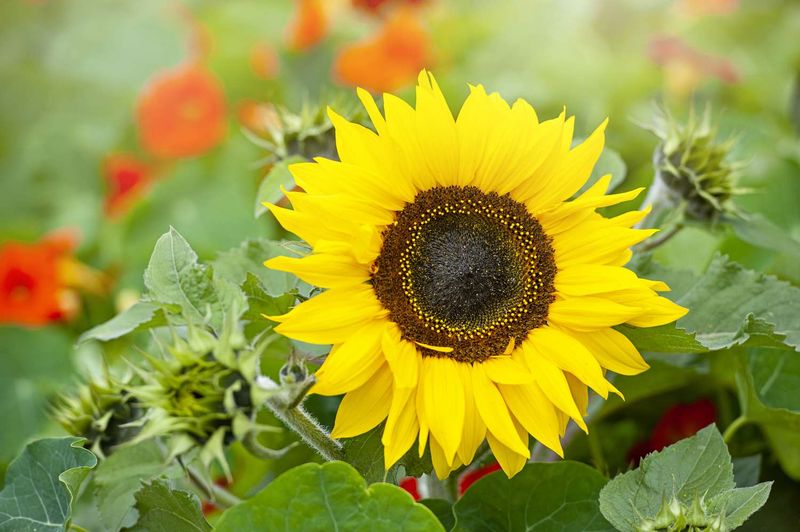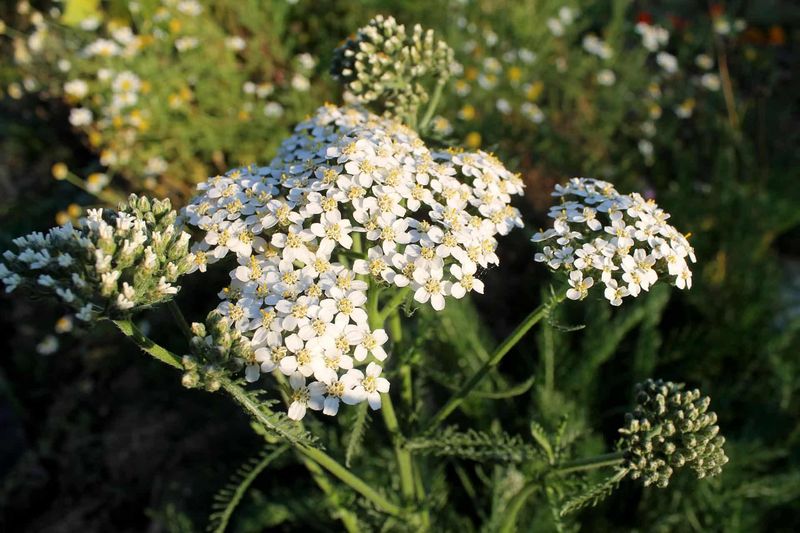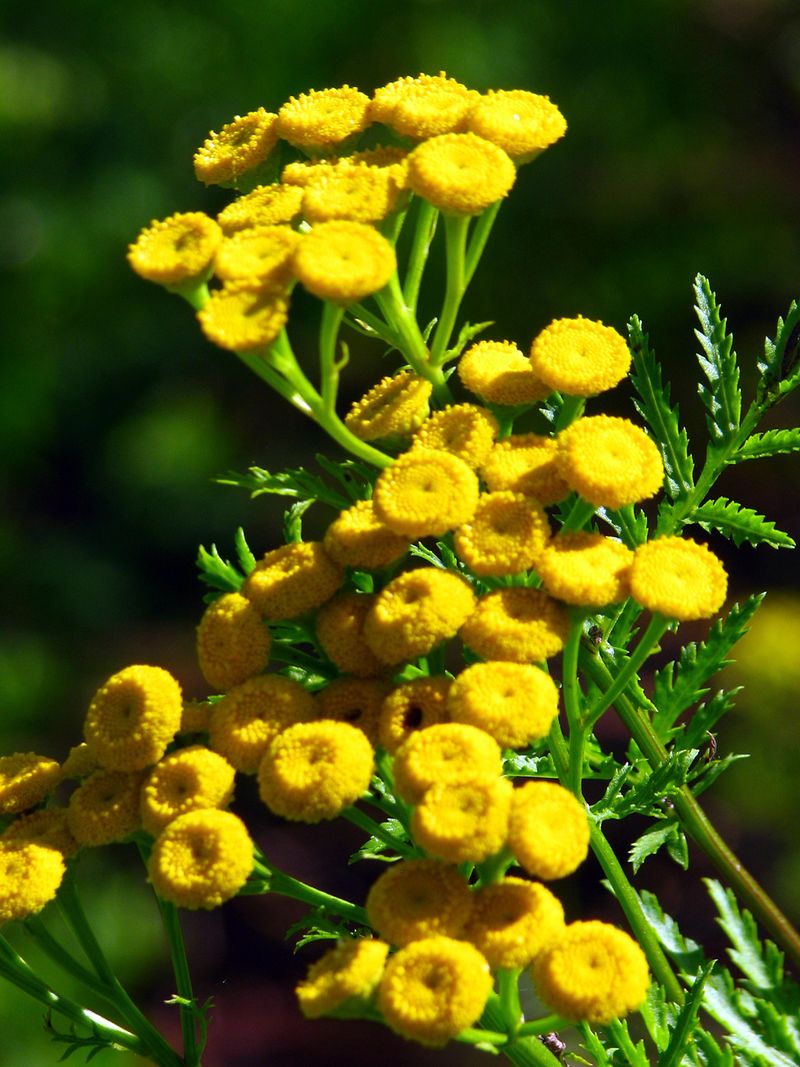Imagine your winter squash thriving like never before, surrounded by a garden of harmonious companions that boost its growth, fend off pesky invaders, and enrich your soil effortlessly.
Frustrated with pests ruining your harvest or tired of lackluster yields? You’re not alone. Companion planting is the secret weapon that seasoned gardeners use to transform their gardens into vibrant, productive oases.
In this blog post, we’ll unveil 15 expert-recommended plants that, when paired with your winter squash, can elevate your harvest, protect your crops, and rejuvenate your garden’s health. Ready to unlock the full potential of your winter squash garden?
1. Nasturtiums
Nasturtiums are not only beautiful but also serve as a trap crop for aphids, drawing them away from your winter squash. Their bright flowers add a splash of color to your garden, and both the flowers and leaves are edible with a peppery taste.
2. Borage
Borage is known for attracting pollinators like bees, which are essential for the fruiting of winter squash. Its leaves enrich the soil with trace minerals when they decompose, making it a great plant to keep in your garden.
3. Radishes
Radishes grow quickly and help to break up the soil, offering better aeration for winter squash roots. They also deter squash borers and beetles, making them a practical and protective companion.
4. Marigolds
Marigolds are well-known for their ability to deter nematodes and other soil-dwelling pests that can harm winter squash. Their vibrant flowers also attract beneficial insects that prey on garden pests.
5. Mint
Mint is an aromatic herb that can help repel pests such as aphids and ants from winter squash. However, it’s important to plant mint in containers to prevent it from spreading uncontrollably.
6. Corn
Corn provides a natural trellis for climbing squash varieties and offers partial shade, which can help prevent soil moisture evaporation. This traditional pairing is known as the “three sisters” method, which also includes beans.
7. Beans
Beans add nitrogen to the soil, a crucial nutrient for the growth of winter squash. When combined with corn and squash, they form a symbiotic group known as the “three sisters,” supporting each other’s growth.
8. Oregano
Oregano’s strong scent helps to deter pests like squash bugs and cucumber beetles. Its perennial nature also makes it a lasting addition to your garden, bringing flavor to both your meals and your planting scheme.
9. Dill
Dill attracts beneficial insects such as lacewings and ladybugs, which consume pests harmful to winter squash. Its presence in the garden can also improve the flavor of nearby plants.
10. Lemon Balm
Lemon balm is known for its calming scent and pest-repelling properties. It can deter mosquitoes and gnats, creating a more pleasant garden environment for both plants and gardeners.
11. Calendula
Calendula, often called pot marigold, repels several insect pests while attracting pollinators. Its flowers are also edible, and they can be used in salads or as a garnish.
12. Peas
Peas fix nitrogen in the soil, which benefits winter squash and improves soil fertility overall. They can share space well, helping to maximize the productivity of your garden area.
13. Sunflowers
Sunflowers provide shade and support for climbing squash varieties. Their height and structure enable them to act as natural supports, while also attracting pollinators.
14. Yarrow
Yarrow attracts predatory insects that help control pest populations in your garden. Its deep roots can also break up compacted soil, improving drainage and aeration for winter squash.
15. Tansy
Tansy is known for repelling a variety of insects, including ants, beetles, and flies. Its aromatic foliage can be used as a natural insect deterrent, making it a protective companion for squash.
